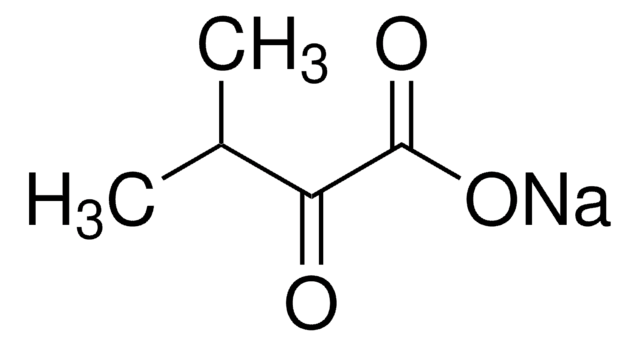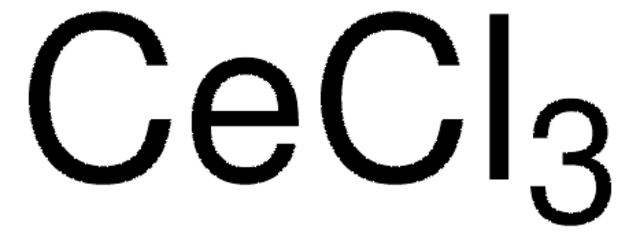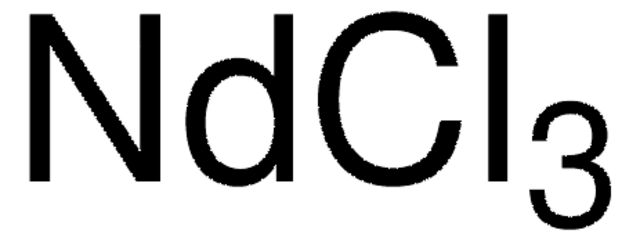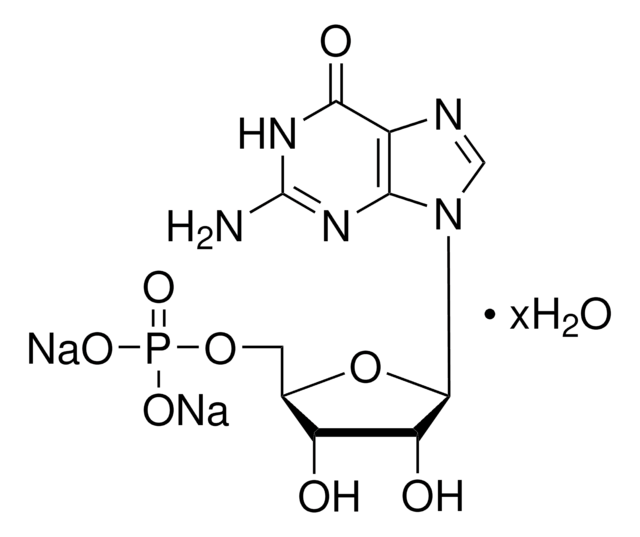203521
Lanthanum(III) chloride heptahydrate
99.999% trace metals basis
Synonym(s):
Lanthanum trichloride heptahydrate, Lanthanum(3+) trichloride heptahydrate
About This Item
Recommended Products
Quality Level
Assay
99.999% trace metals basis
form
solid
reaction suitability
reagent type: catalyst
core: lanthanum
impurities
≤15.0 ppm Trace Rare Earth Analysis
mp
91 °C (dec.) (lit.)
SMILES string
O.O.O.O.O.O.O.Cl[La](Cl)Cl
InChI
1S/3ClH.La.7H2O/h3*1H;;7*1H2/q;;;+3;;;;;;;/p-3
InChI key
FDFPDGIMPRFRJP-UHFFFAOYSA-K
Looking for similar products? Visit Product Comparison Guide
General description
Application
- Solvent-free preparation of substituted alkenes via Knoevenagel condensation.
- One-pot synthesis of 3,4-dihydropyrimidin-2(1H)-ones.
Biochem/physiol Actions
Signal Word
Danger
Hazard Statements
Precautionary Statements
Hazard Classifications
Aquatic Chronic 2 - Eye Dam. 1 - Met. Corr. 1 - Skin Sens. 1
Storage Class Code
8B - Non-combustible corrosive hazardous materials
WGK
WGK 2
Flash Point(F)
does not flash
Flash Point(C)
does not flash
Personal Protective Equipment
Choose from one of the most recent versions:
Already Own This Product?
Find documentation for the products that you have recently purchased in the Document Library.
Customers Also Viewed
Articles
The prevailing strategies for heat and electric-power production that rely on fossil and fission fuels are having a negative impact on the environment and on our living conditions.
Rare earth elements are vital in everyday life worldwide: catalysts in cars, colors in screens, magnets in electronics. Essential for modern living.
Our team of scientists has experience in all areas of research including Life Science, Material Science, Chemical Synthesis, Chromatography, Analytical and many others.
Contact Technical Service













